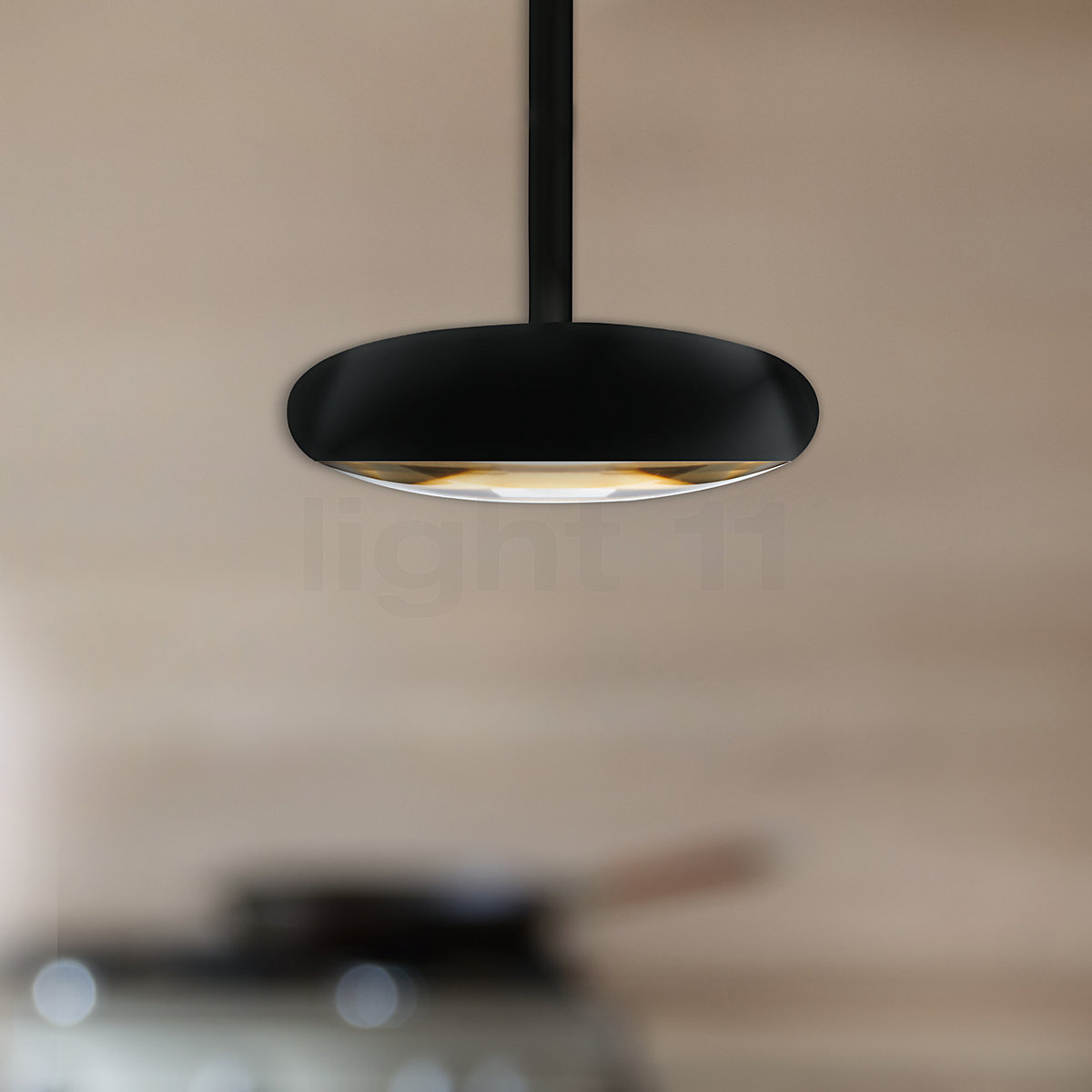Listen to the Bloop
Download this audio file.
In 1997, researchers listening for underwater volcanic activity in the southern Pacific recorded a strange, powerful, and extremely loud sound. Using hydrophones, or underwater microphones, that were placed more than 3,219 kilometers apart across the Pacific, they recorded numerous instances of the noise, which was unlike anything they had heard before. Not only was it loud, the sound had a unique characteristic that came to be known as “the Bloop.”



Bloop Bloop Meaning
Scientists from NOAA’s Pacific Marine Environmental Laboratory (PMEL) were eager to discover the sound's origin, but with about 95 percent of the ocean unexplored, theories abounded. Was the Bloop from secret underwater military exercises, ship engines, fishing boat winches, giant squids, whales, or a some sea creature unknown to science?
Bloop Bloop Bloop
Blop is a short and casual arcade game that is fun to play. Your goal is to try to pop as many bubbles as you can in 20 seconds. If you get a number of bubbles popped within 20 seconds you will a surprising time extension. # blop # potsomeblueinyourlife The kind of picture that catches me with calm and serenity. My thought flies at a moment of breath enjoying an aromatic tea with an intriguing novel. 💙 Sweetening the moment with a teaspoon of brown sugar from the ′′ Natural Beauty ′′ sugar - whose name speaks for itself. Looking for online definition of BLOP or what BLOP stands for? BLOP is listed in the World's largest and most authoritative dictionary database of abbreviations and acronyms The Free Dictionary.
- English Introducing Youtube channel, Blippedy-Blop's TERA videos. Blippedyblop Mar 5th 2021. Player Questions & Assistance. Threads 133 Posts 503.
- A real-ass way to announce your presence. Like gunfire, but more Puerto Rican.
Blop Blop Cat
As the years passed, PMEL researchers continued to deploy hydrophones ever closer to Antarctica in an ongoing effort to study the sounds of sea floor volcanoes and earthquakes. It was there, on Earth’s lonely southernmost land mass, that they finally discovered the source of those thunderous rumbles from the deep in 2005. The Bloop was the sound of an icequake—an iceberg cracking and breaking away from an Antarctic glacier! With global warming, more and more icequakes occur annually, breaking off glaciers, cracking and eventually melting into the ocean.
Plop Plop Plop

Plop Plop Fizz Fizz
PMEL’s Acoustics Program develops unique acoustics tools and technologies to acquire long-term data sets of the global ocean acoustics environment, and to identify and assess acoustic impacts from human activities and natural processes on the marine environment.
